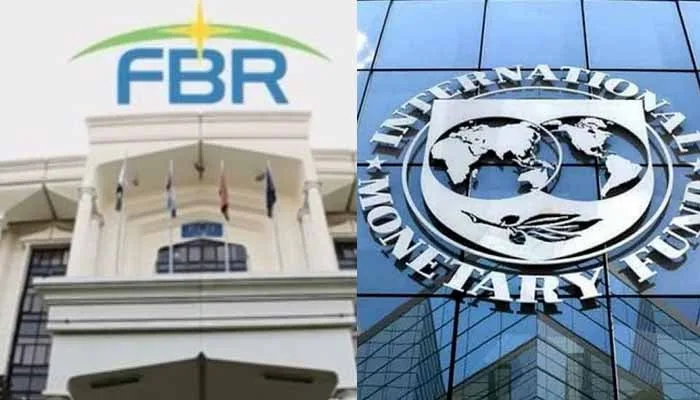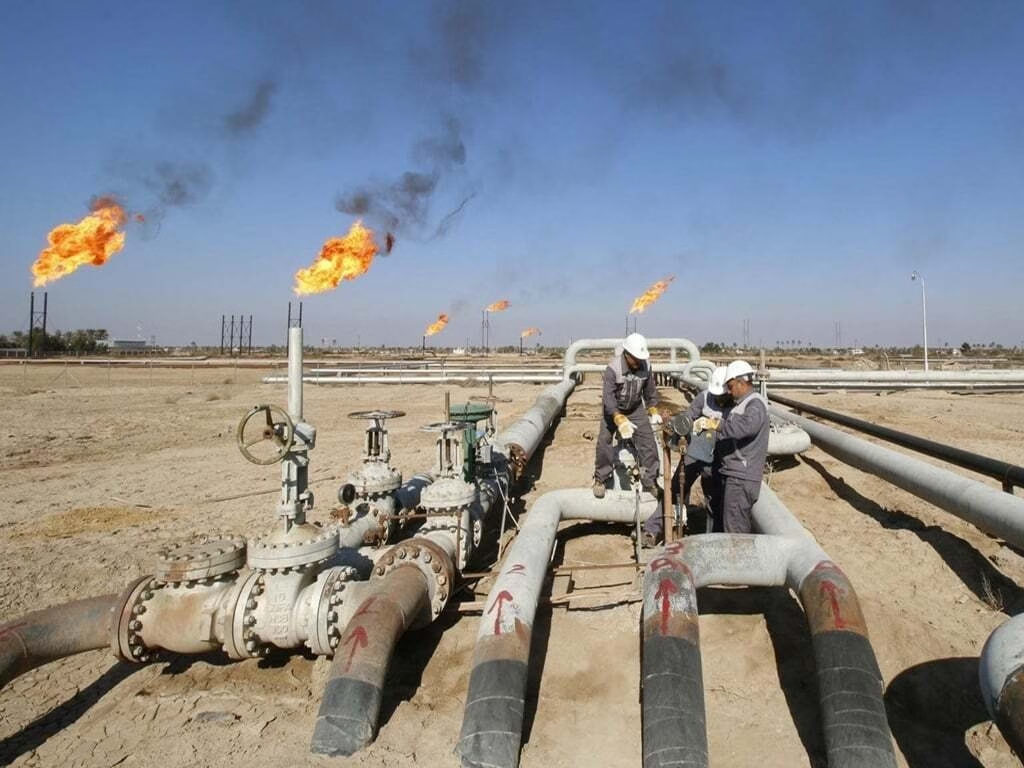Islamabad: The Federal Board of Revenue (FBR) is considering setting a tax target of 12.4 trillion rupees for the upcoming financial year, according to sources familiar with ongoing policy-level discussions between Pakistan and the International Monetary Fund (IMF). These talks, which entered their second day today, involve officials from the Ministry of Finance, FBR, State Bank, and Power Division.
While Pakistan’s economic team has shared its macroeconomic framework with the IMF, disparities remain between the two parties regarding key economic targets. The IMF has projected a growth rate limited to 3.5 percent, whereas the Finance Ministry has proposed a more optimistic target of 3.7 percent growth for the next year.
Growth and Inflation Targets
One of the main points of contention revolves around inflation estimates. The IMF has forecasted inflation at 12.7 percent, whereas the Ministry of Finance anticipates a slightly lower rate of 11.8 percent. This discrepancy underscores the challenge of aligning economic projections between Pakistan and the IMF.
Revenue Projections
Sources indicate that Pakistan expects to generate over $61 billion from exports and remittances combined. The proposed target for domestic exports in the next financial year stands at $32.7 billion, with an additional target of $30.6 billion for remittances. Meanwhile, the projected financial deficit for the upcoming fiscal year is estimated at 9.6 trillion rupees.
Allocations and Expenditures
In terms of allocations, the Ministry of Finance has proposed earmarking 1 trillion rupees for federal development projects in the next financial year. Additionally, the FBR’s tax target is set at 12.4 trillion rupees, representing an increase of 1.3 trillion rupees compared to the current year. A significant portion of the budget, around 9.7 trillion rupees, is allocated for interest on loans.
Rising Expenses and Subsidies
The pension bill is expected to rise from 801 billion to 960 billion rupees next year, reflecting increasing financial obligations. Despite these challenges, negotiations with the IMF have led to agreements on certain budgetary items. The Benazir Income Support Program budget will be maintained at 530 billion rupees, with targeted subsidies planned for food grains and energy.
As Pakistan navigates through economic negotiations with the IMF, setting ambitious targets while managing fiscal constraints presents a delicate balancing act. The proposed tax target, along with projections for growth, inflation, and expenditures, underscores the complexities involved in shaping the country’s economic trajectory. Achieving these targets will require concerted efforts, prudent fiscal management, and effective collaboration between government entities and international stakeholders.



